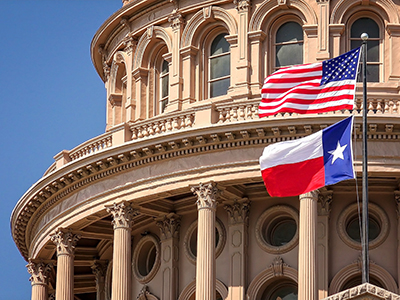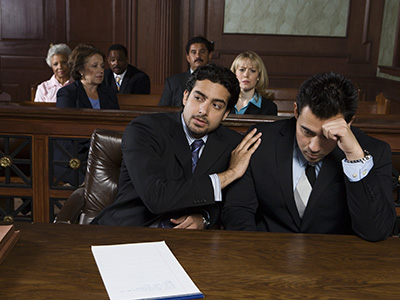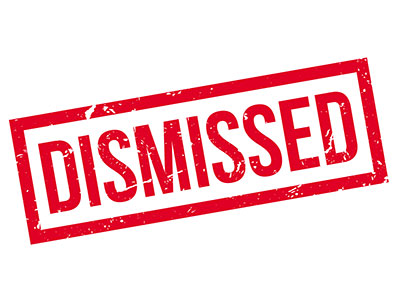AFS, a company specializing in streamlining shipping costs and logistics, had its eight count amended complaint streamlined to only one—its Tennessee Uniform Trade Secrets Act (“TUSTA”) claim—primarily due to preemption and AFS’s lack of specificity as to its common law claims.
AFS filed suit in December 2016 against two prior employees, Christopher Cochran and Alessandro Rustioni, and their new competing company, Freightwise LLC. AFS’s complaint set forth the classic case of defecting employee trade secret theft. Among other things, AFS alleged that Cochran and Rustioni founded Freightwise in 2014 while still employed for AFS. Both continued to work for AFS in sales leadership positions until late 2015 and early 2016. And, they allegedly conspired to and secretly organized Freightwise by soliciting one of AFS’s major clients and maliciously interfering with its high-value contracts. READ MORE











